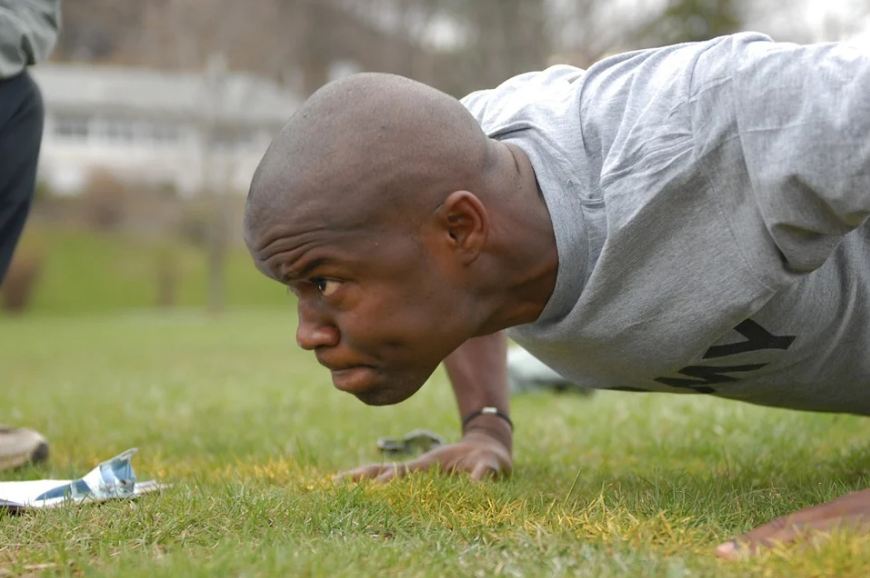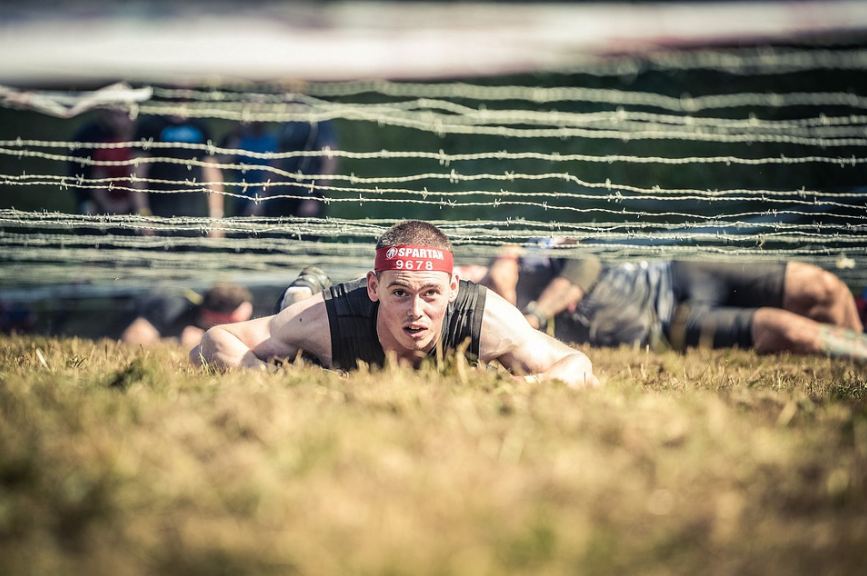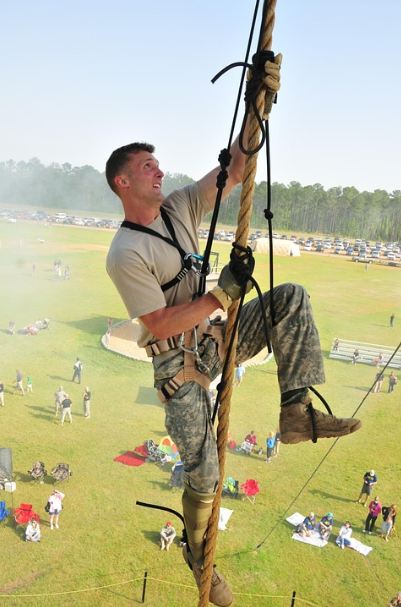The military is notable people when it comes to strict discipline-physiological, psychological, and practical. One cannot merely be part of the armed forces by simply being a genius or intelligent. It must be a holistic discipline, especially with the body. The brain is helpless if the body is powerless and incapable of doing an action, no matter how simple the task seems. Although not every one of us is capable and qualified to join the military, we can learn from the armed forces’ mighty men how to train ourselves towards healthy habits.
The Art of War by Sun Tzu
Sun Tzu lived nearly 2 500 years ago, but his teachings and writings remain a significant inspiration today. He was a legendary military tactician of ancient China, and he authored the book on warfare in a treatise he called “The Art of War.”
He was a guru of “soft power” and the father of “agile warfare.” He believed that it is possible to win a battle without fighting (which he preferred) or, at the very least, to win the easiest battles first.
The book is famous worldwide, featuring some of the most inspiring lines, including: “In war, the victorious strategist only seeks battle after the victory has been won.” Sun Tzu advised his troops to “make your way by unexpected routes and attack unguarded spots.” And he further stated, “Military tactics are like water. For water, in its natural course, runs away from high places and hastens downwards. So, in war, the way is to avoid what is strong and strike at what is weak.”
Although originally Sun Tzu intended the teachings to his troops, over thousands of years, it extends far beyond the field of battle as the principles focused on finding the easiest way to achieve a specific goal. His approaches are also used by businessmen, athletes, and ordinary people aiming for growth, self-improvement, and habit formation.
HOW TO APPLY MILITARY STRATEGY TO YOUR DAILY LIFE.
Set achievable targets or goals
As Sun Tzu advised in his Art of War, “the way is to avoid what is strong and strike at what is weak.” This can be applied when building a healthy body by starting with easy to achieve and maintain habits because it will allow you to succeed easier.
Example: If your goal is spending a 2-hour long-running every day, you will realize that it is not achievable. Instead, you can aim for a 10–20-minute run 3-4 days in a week. It is more feasible, and you will likely succeed.
Achieving bigger goals sometimes delay your success or takes away your strong motivation because you see them as difficult to achieve. But when you try to adjust your goals, although small steps, constantly, you will see good results.
Know the Right Time to Fight
Timing is another important point in the Art of War. Attack your enemies when they are weak and tired, said Tzu.
When doing something, a new habit, or physical training, do it at the right time, and not in the sense of “oh, I’ll start tomorrow,” but more in the sense of “is this the moment my bad habits are weakest?”
It’s a reality that maintaining good habits doesn’t only need a strong force or willpower, but also a good environment and the right timing to perform those habits. When bad habits are more taken care of, there will be fewer distractions from your good habits.
Fight Battles You Are Destined to Win
Despite your strong willpower to follow a healthy lifestyle, it is still not an effective strategy if you try to build good habits in bad environments. As Tzu says. “make your way by unexpected routes and attack unguarded spots.”
The best strategy is to build your habits in a more conducive environment where it is easy to do so. Re-define the situation and create a game where the chances are on your side.
For example, you have a goal to finish a book you are reading to maintain a healthy lifestyle, you can find Ways to Retain More Of Each Book You Read, so you don’t just read it, but you get to retain what you have read and apply it.
Incorporate active breaks into your routine
Military men don’t disregard the value of quick breaks. If working at a desk, stand up and move around occasionally. If you work in a high-rise building, you can sometimes use the stairs instead of just riding the elevator. Quick naps. Although not an active routine can significantly help and is proven effective in restoring and recharge energy during the day.
In these modern times, work-from-home is the new trend; many stressors and distractors delay completing specific tasks, but you can do quick breaks through a short brisk walk outdoors or perform some yoga stretches to relieve your body pains and ease your mind from unhealthy thoughts.



